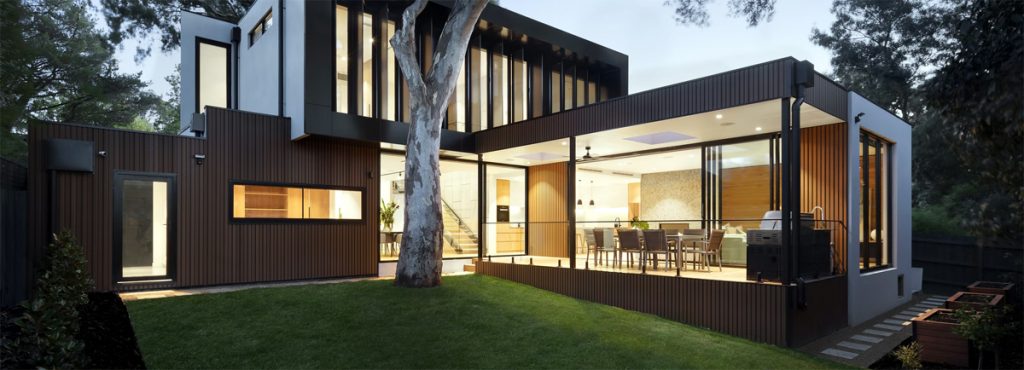Power for when you lose power
A whole house generator looks like a central A/C unit with a top on it. There are a variety of options for powering a generator including propane, diesel or natural gas. Whole house generators are integrated with a home’s HVAC and electrical systems to start automatically within about 30 seconds after an outage. Apart from the obvious benefit of having power when your neighborhood doesn’t, there are other significant benefits to having a whole house generator, including:
- Life-saving medical system support – A whole house generator can literally be a lifesaver, keeping emergency medical equipment online and working.
- Flood protection – A generator will keep your sump pump working even if power is down.
- Home Security – With a whole house generator, home security systems will stay on to protect your valuables.
- Communications – Battery operated radios, laptops, tablets and cel phones need to be recharged. A generator will help keep you connected.
- Food protection – Generators can keep hundreds of dollars of food from spoiling – and keep your stove and oven running, too.
- Comfort – When storm season arrives, so do hot, sticky nights. A whole house generator will keep your A/C and Indoor air quality equipment running.
- Cold weather protection – Severe weather that strikes in the colder months can be especially dangerous – and expensive. Besides having no heat, frozen water pipes can be very costly to repair. Avoid it all with a whole house generator.
Here are the main 3 factors consider as you choose a whole house generator:
Factor 1: Size
The size of the whole house generator you’ll need depends on two things: the size of your home and what you want to power during an outage. Together, these make up the electric load your whole house generator needs to meet. A good way to think about the electric load in your home is to break your usage down into two categories:
- Essentials, which might included your lights, refrigerator, sump pump, furnace fan, security system, TV/computers, and microwave
- High-wattage items, such as your A/C or heat pump, clothes dryer, water heater, and oven or stove
Generators come in a wide range of capacities, and prices vary accordingly. A small, easy-to-place 8 kilowatt (kW) unit, for example, can operate power essentials such as lights, refrigerator, TV, and other small appliances. A large 25 kW commercial-grade generator, on the other hand, can easily run an HVAC system in addition to those items.
Factor 2: Space, placement, and installation
Whole house generators can be larger than the outdoor unit of your central A/C, depending on the power output – so you’ll need space to place it. Whole house generators also need to be near a source of electricity, and must be placed according to local flood, noise and electrical codes – which is why it has to be installed by a professional.
Factor 3: Cost
Whole house generators range in prices depending on the fuel source, the size and capacity of the unit. The more you want to power, the higher the price. In any case, a significant investment is required as the average cost to purchase and install a whole house generator is between $10,000 to $20,000 or more.

